Migrate from OpsGenie Seamlessly & Save on Costs
Atlassian is moving Opsgenie users into Jira Service Management (JSM)—forcing IT teams to pay for unnecessary ITSM features. AlertOps gives you the same powerful on-call scheduling, alerting, and escalations—without the added complexity, at a price comparable to what you are paying now (see the JSM comparison below)
Easy Opsgenie Migration – Our team handles the transition.
Real-Time Alerts – SMS, voice, email, push, and chat.
More Affordable – Enterprise-grade alerting for less.
200+ Integrations – Jira, ServiceNow, Datadog, AWS & more.
Stay with Atlassian and move to JSM—paying significantly more for ITSM features you don’t need.
Switch to AlertOps and keep the same powerful on-call management—at a fraction of the cost.
| Plan | Opsgenie Pricing (Annual) | JSM Pricing (Premium) | AlertOps Pricing (Annual) |
|---|---|---|---|
| Essentials | $9.45/user | Not Available | $8/user (Standard) |
| Standard | $19.95/user | $47.85/user | $18/user (Premium) |
| Enterprise | $31.90/user | $60+/user (Custom Pricing) | $28/user (Enterprise) |
AlertOps is priced like Opsgenie but delivers even more—without the JSM price hike. Why pay extra for ITSM features you don’t need?

Our solution engineers will assist in migrating your Opsgenie setup—on-call schedules, escalations, and integrations—so you don’t lose valuable workflows.
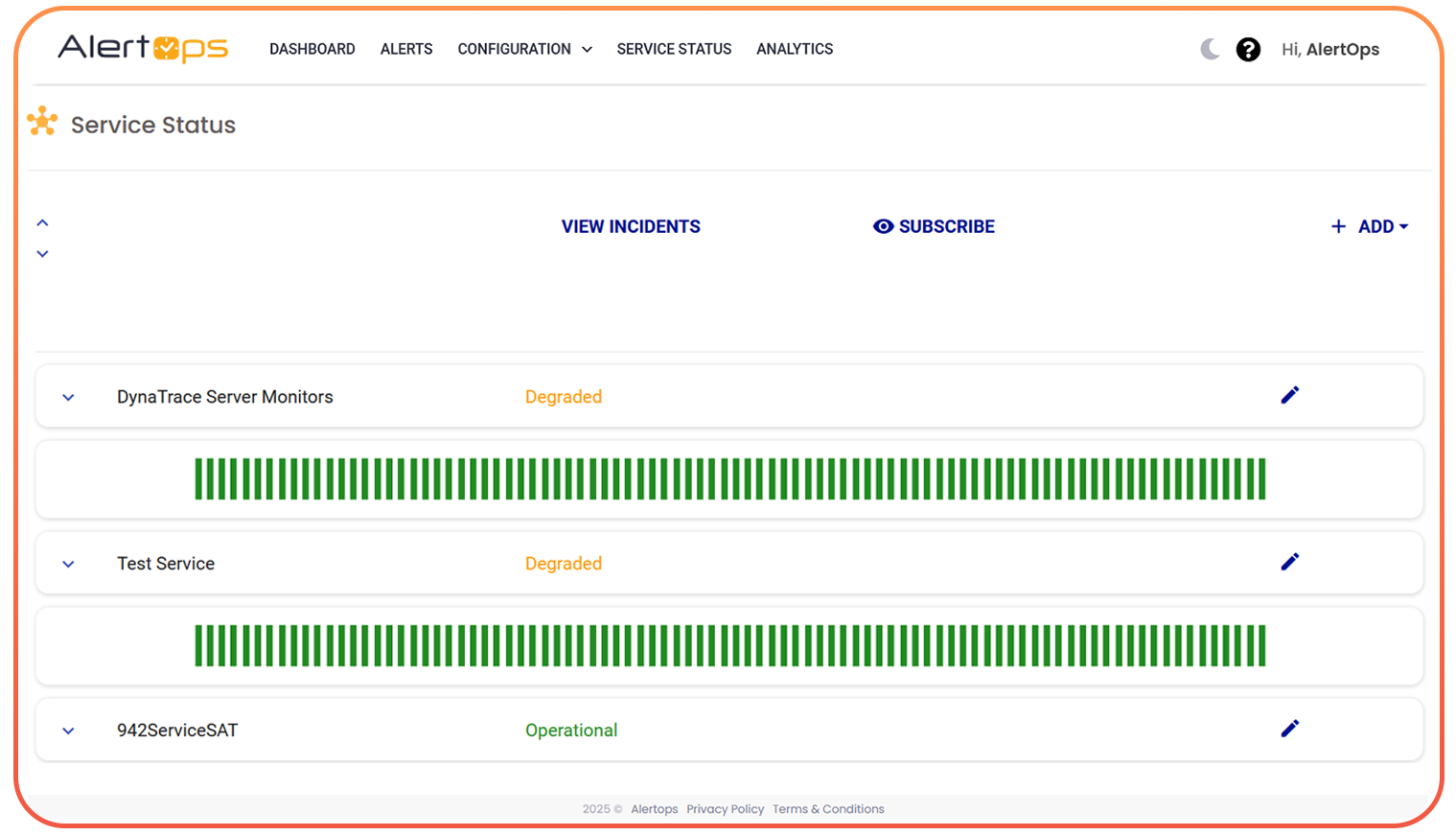

Unlike Opsgenie (which is being merged into JSM), AlertOps is continually innovating.
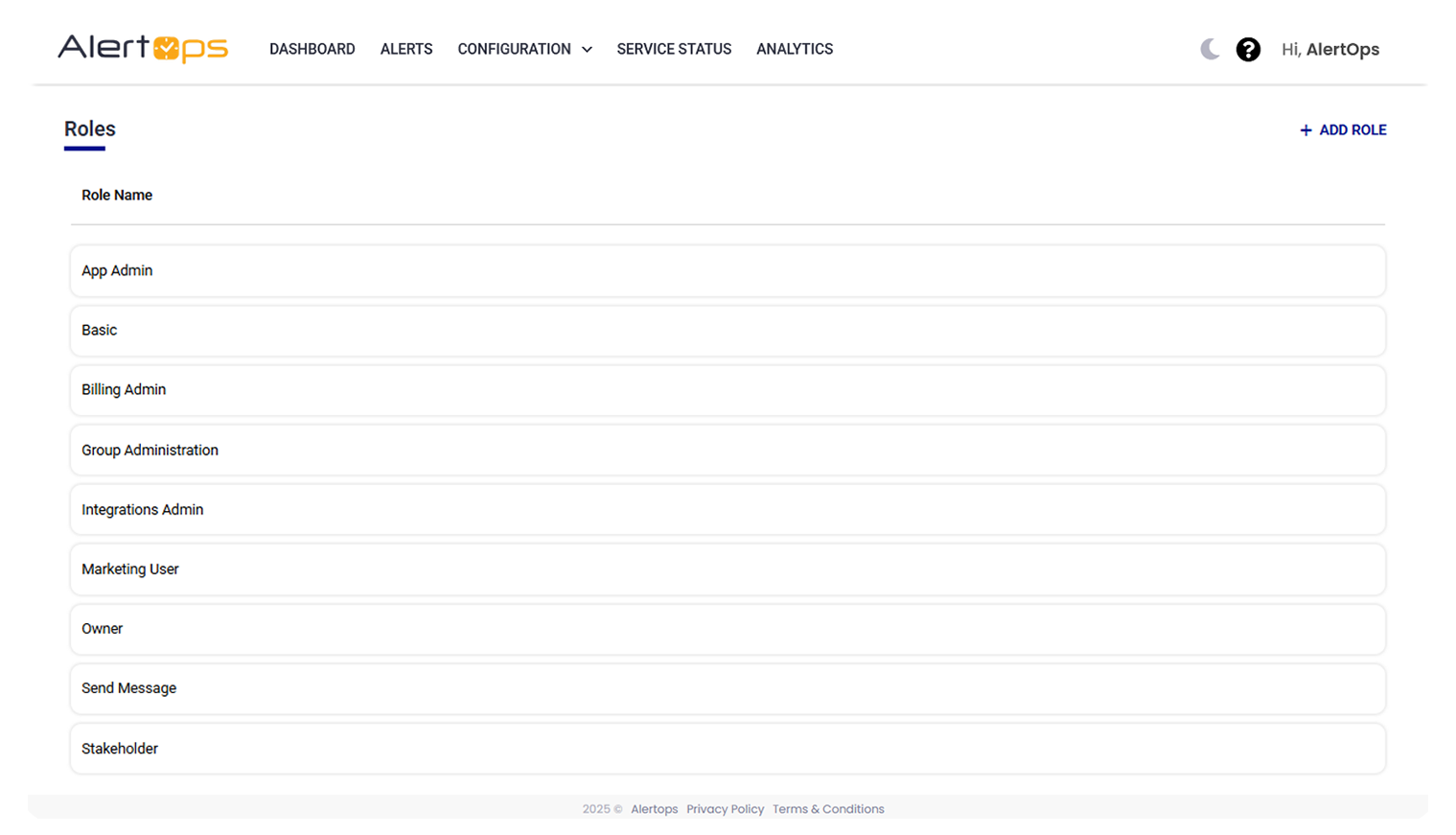
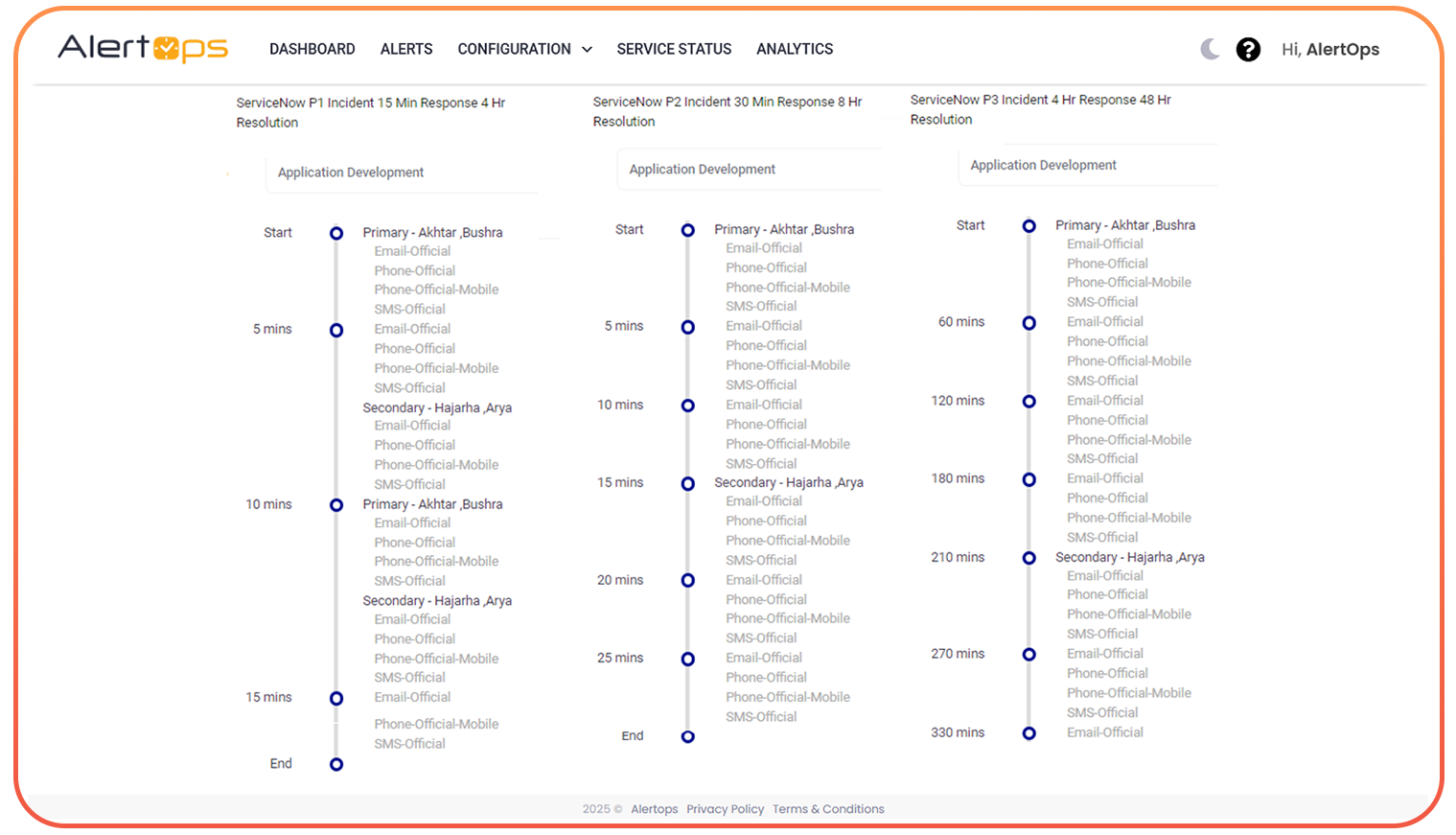
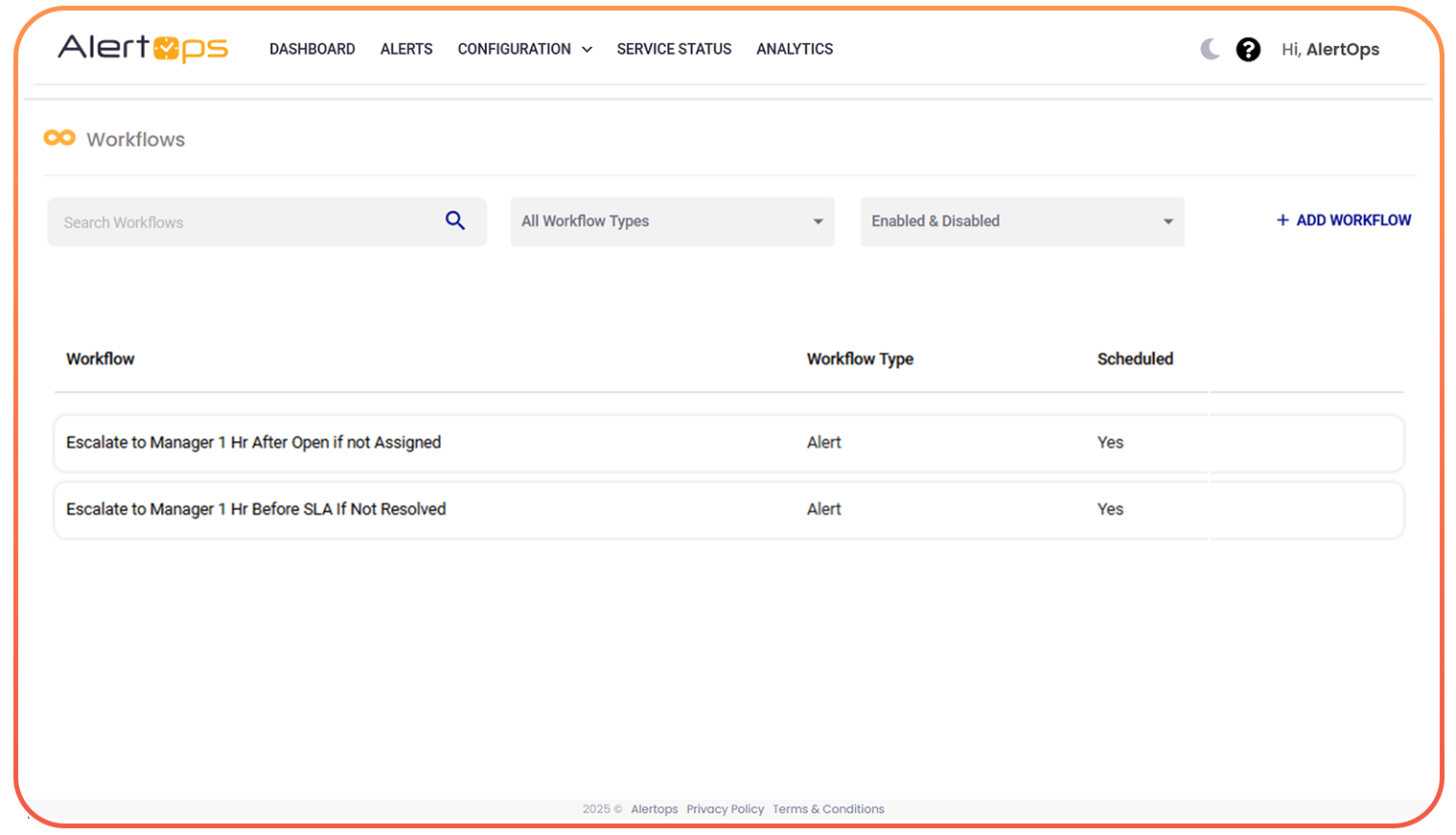
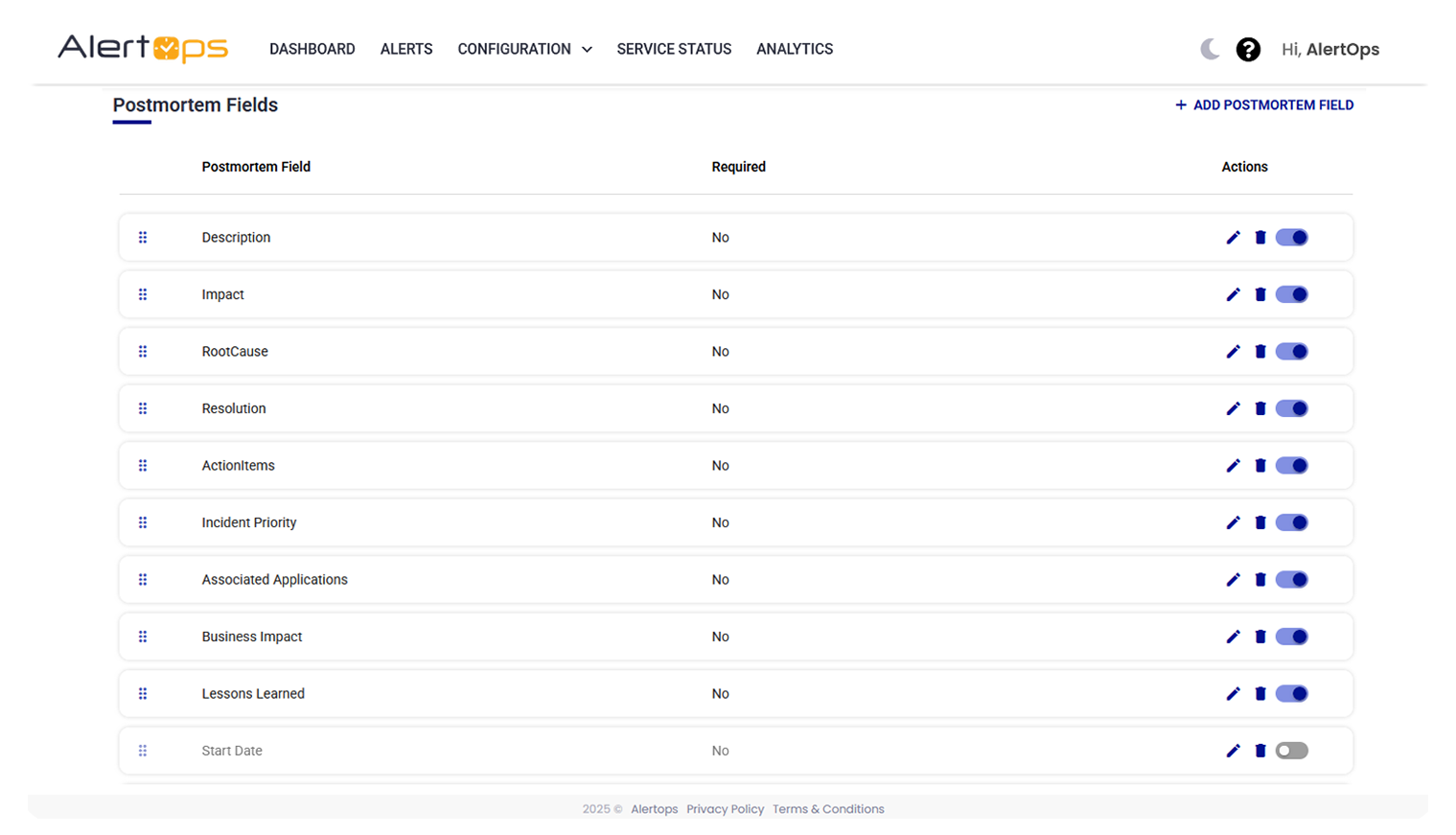
Generate insights from every incident for continuous improvement.
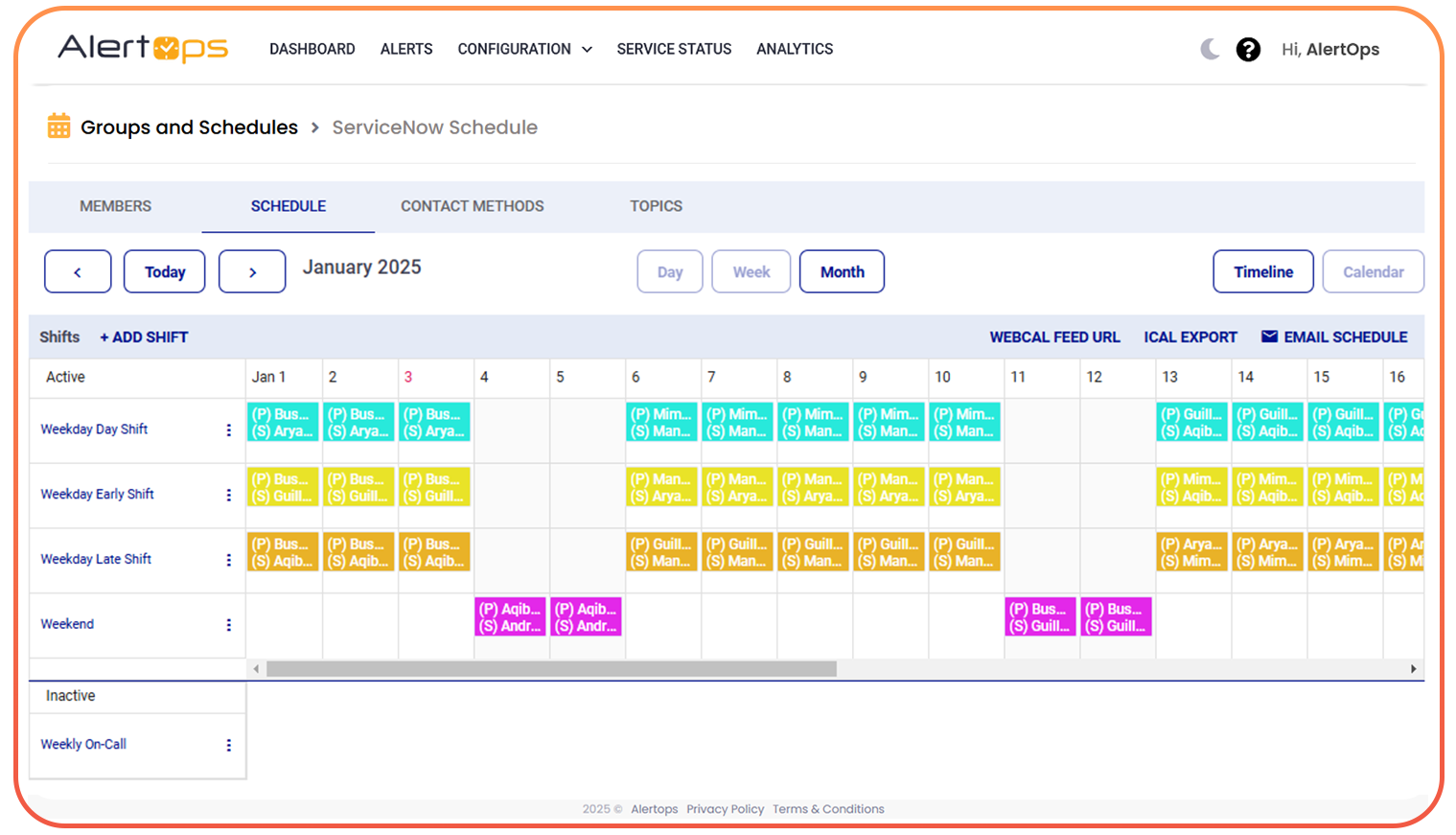
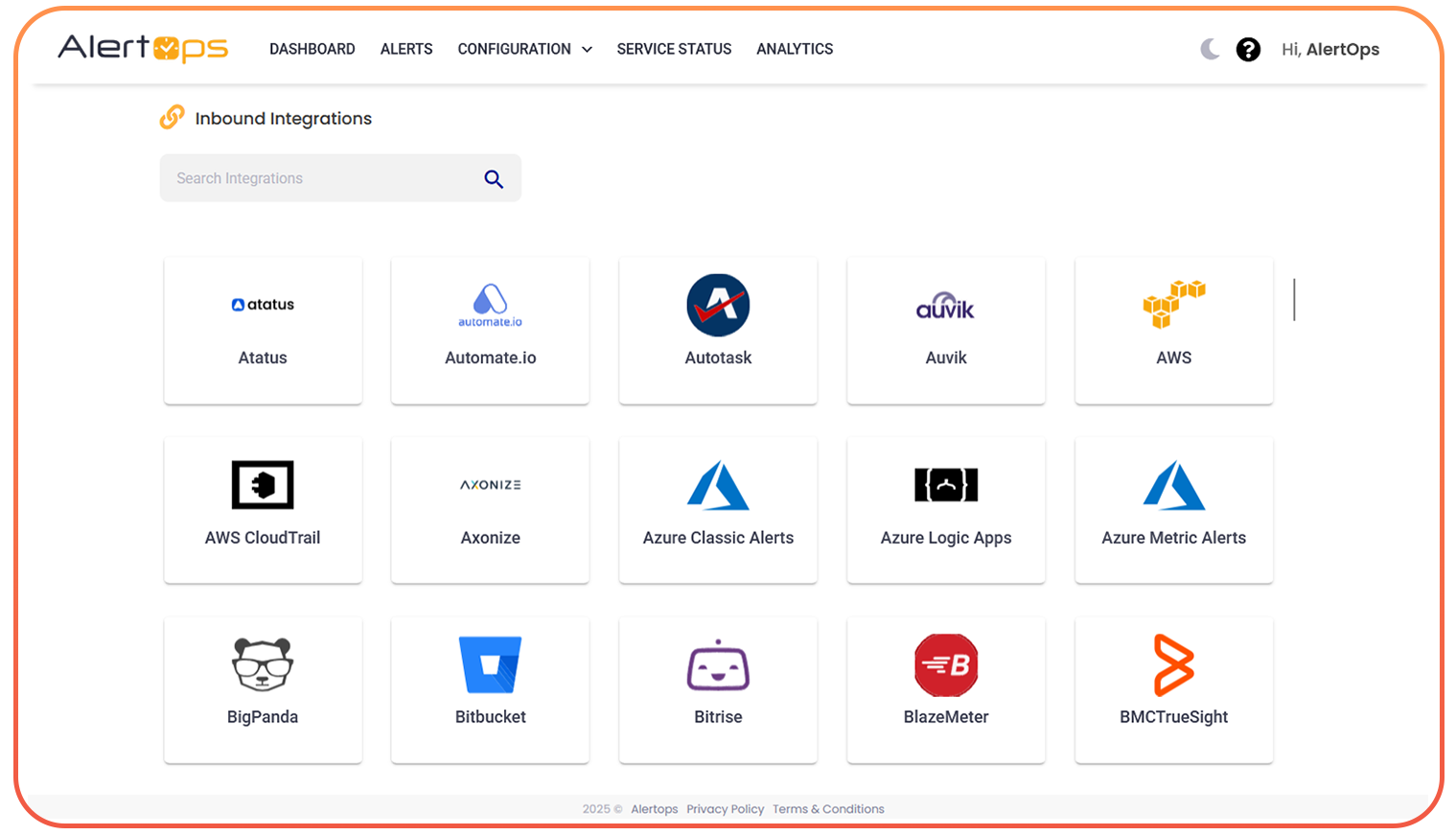
Team and user-level analytics for continuous optimization.
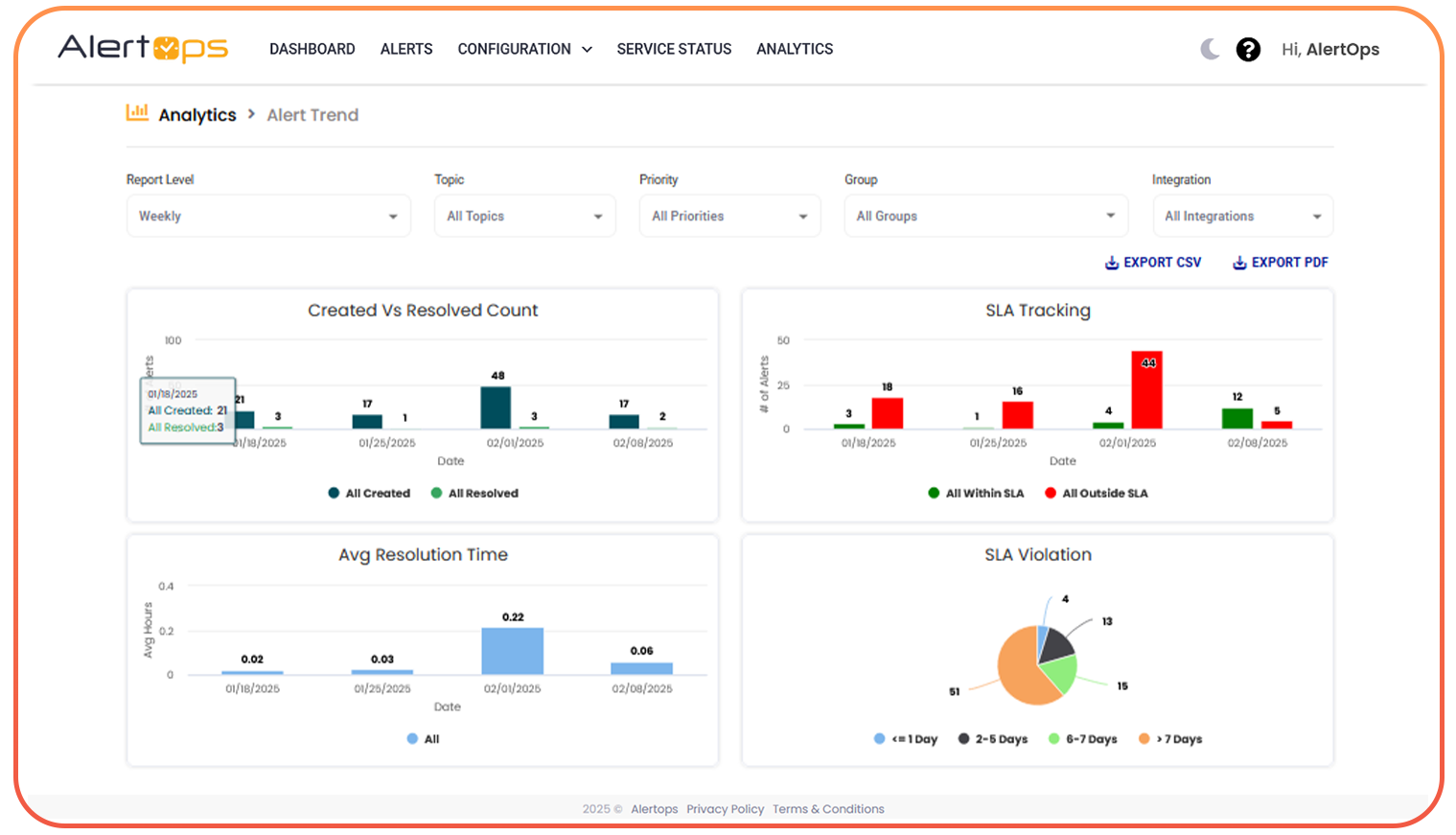
The recurring schedule and escalations. I haven't had to edit that in a very long time. It's also very, very, very easy to set yourself as OOO during your on-call schedule and have someone cover. One of the simplest and easy to use tools we have used. We use this with ConnectWise and it's nice to have it integrate pretty easily with who is assigned the alert, etc.
Jacob H EnterpriseAchieve your dream results with AlertOps at your side. From proof-of-concept to continuous improvement, tap into expert support throughout your journey.
Still using Opsgenie? Migrate to AlertOps with ease—see why teams are making the move.